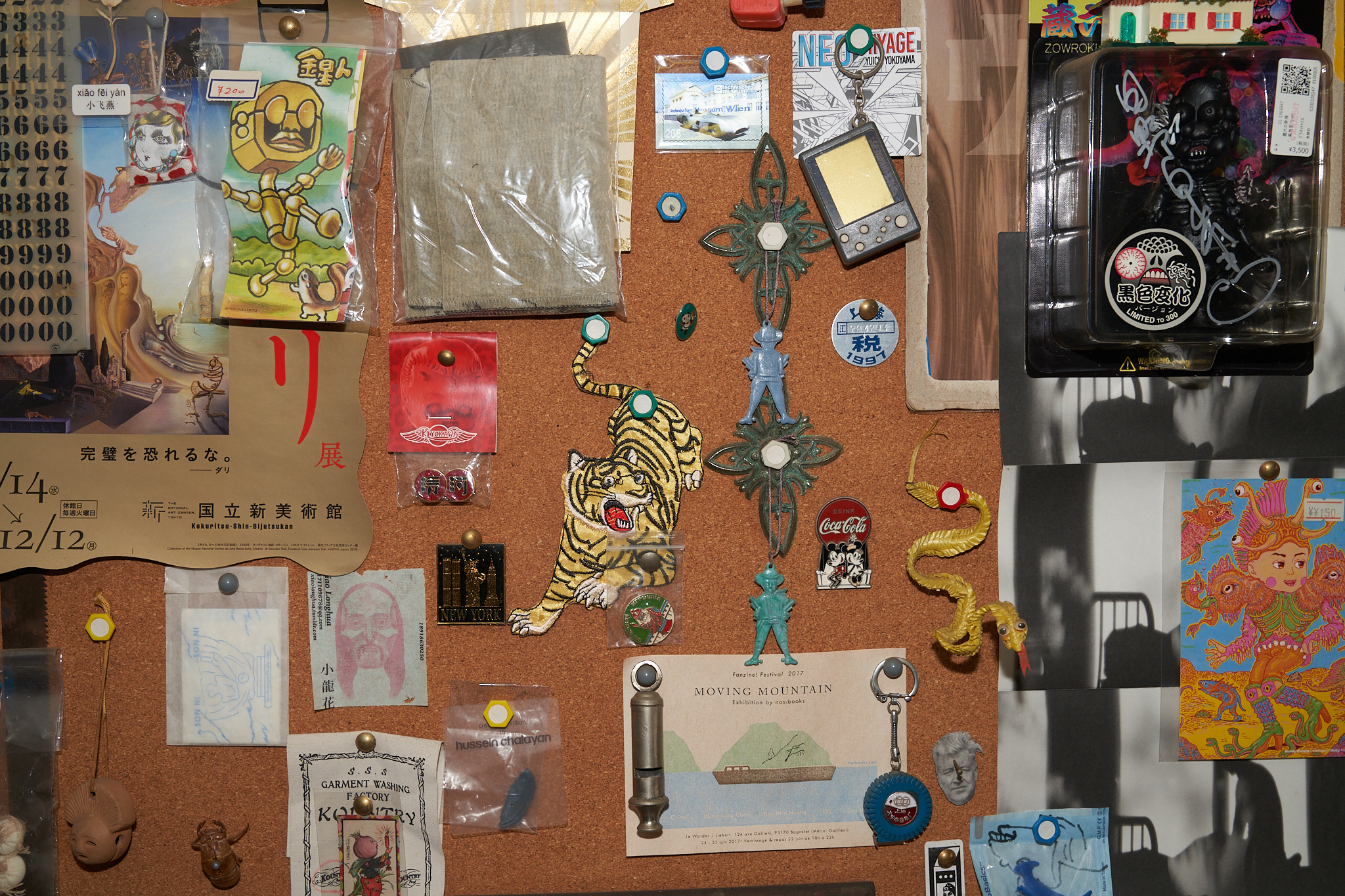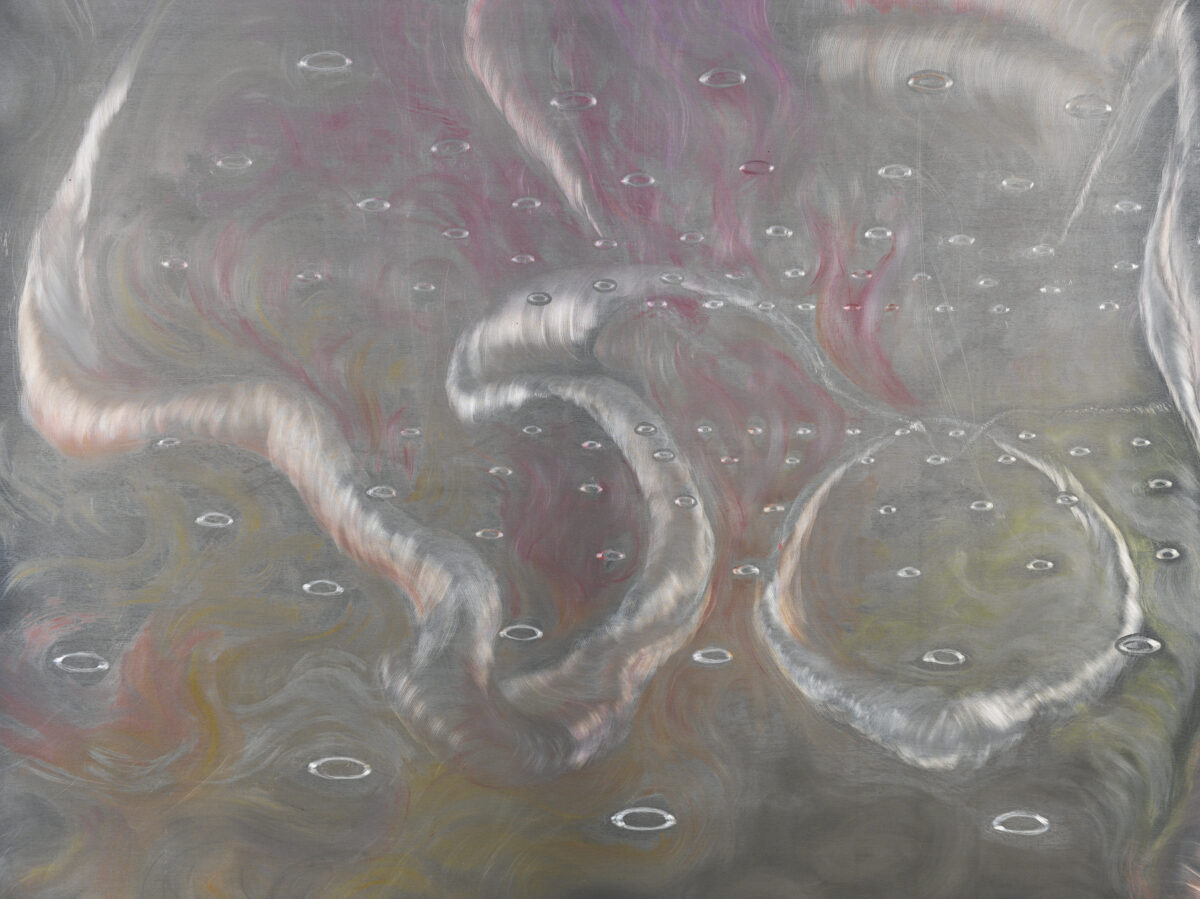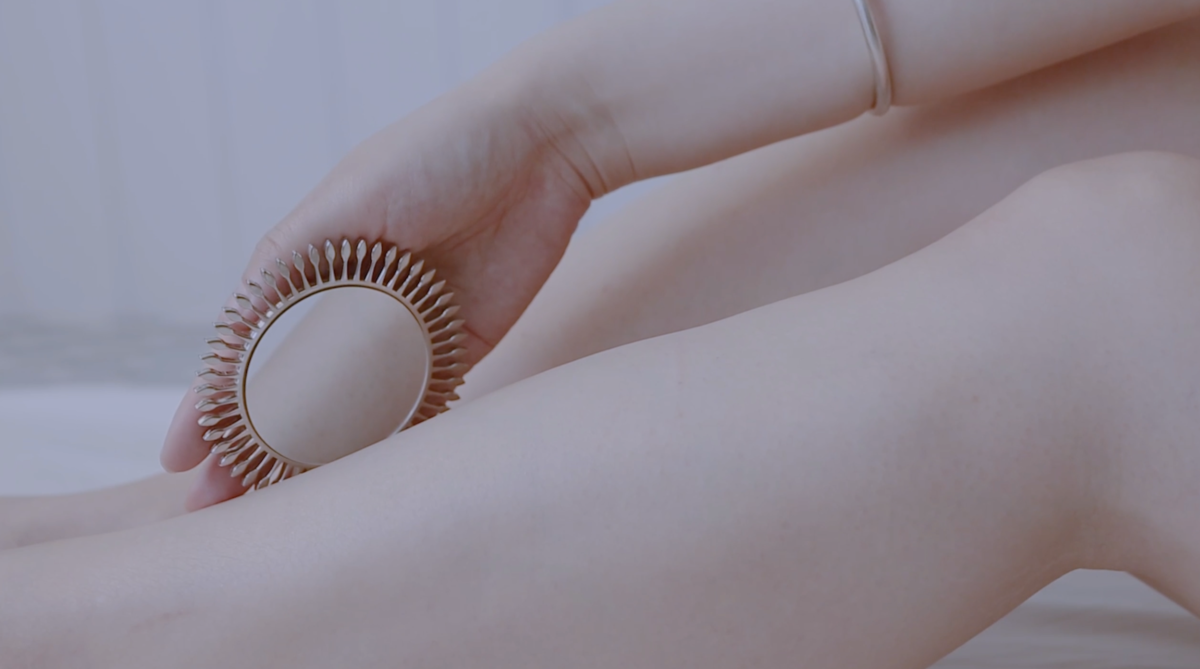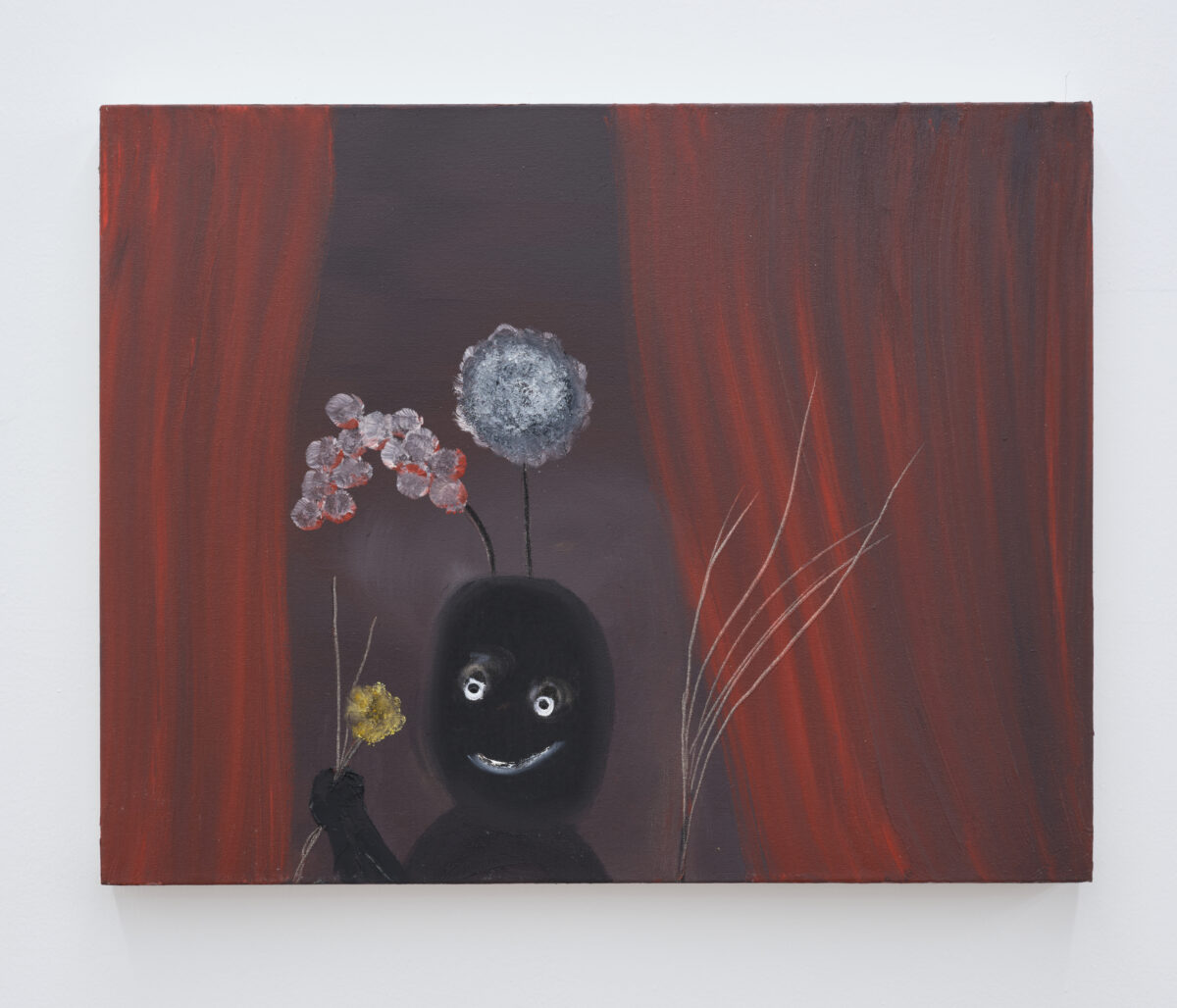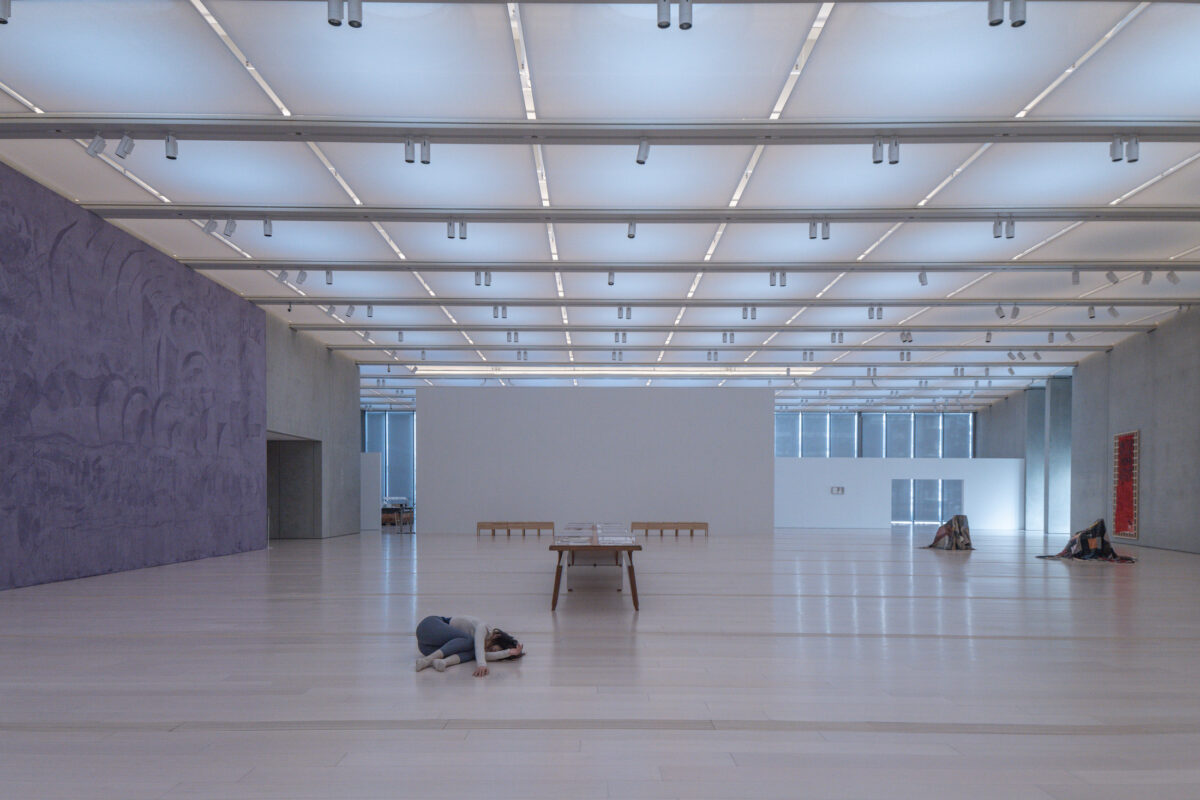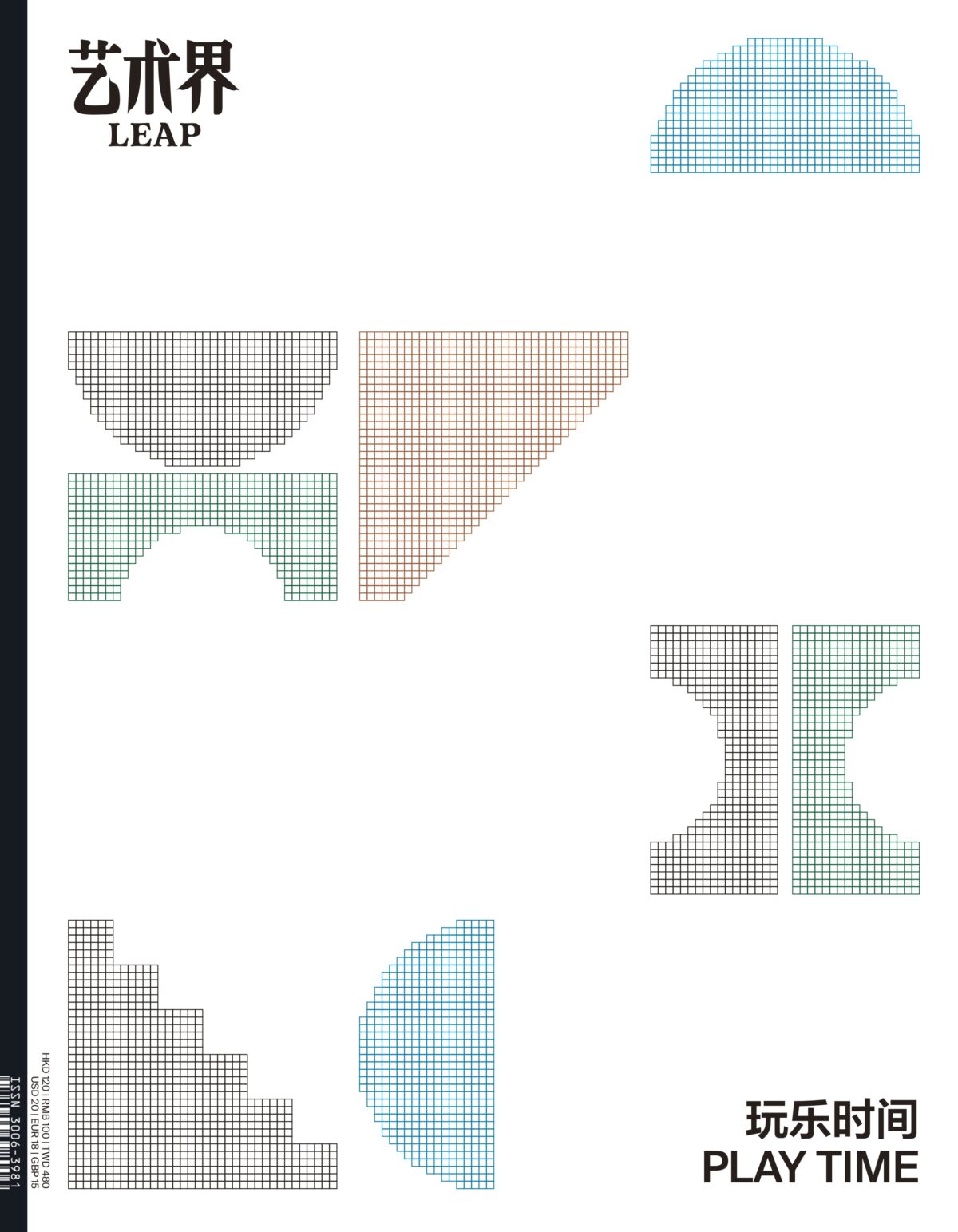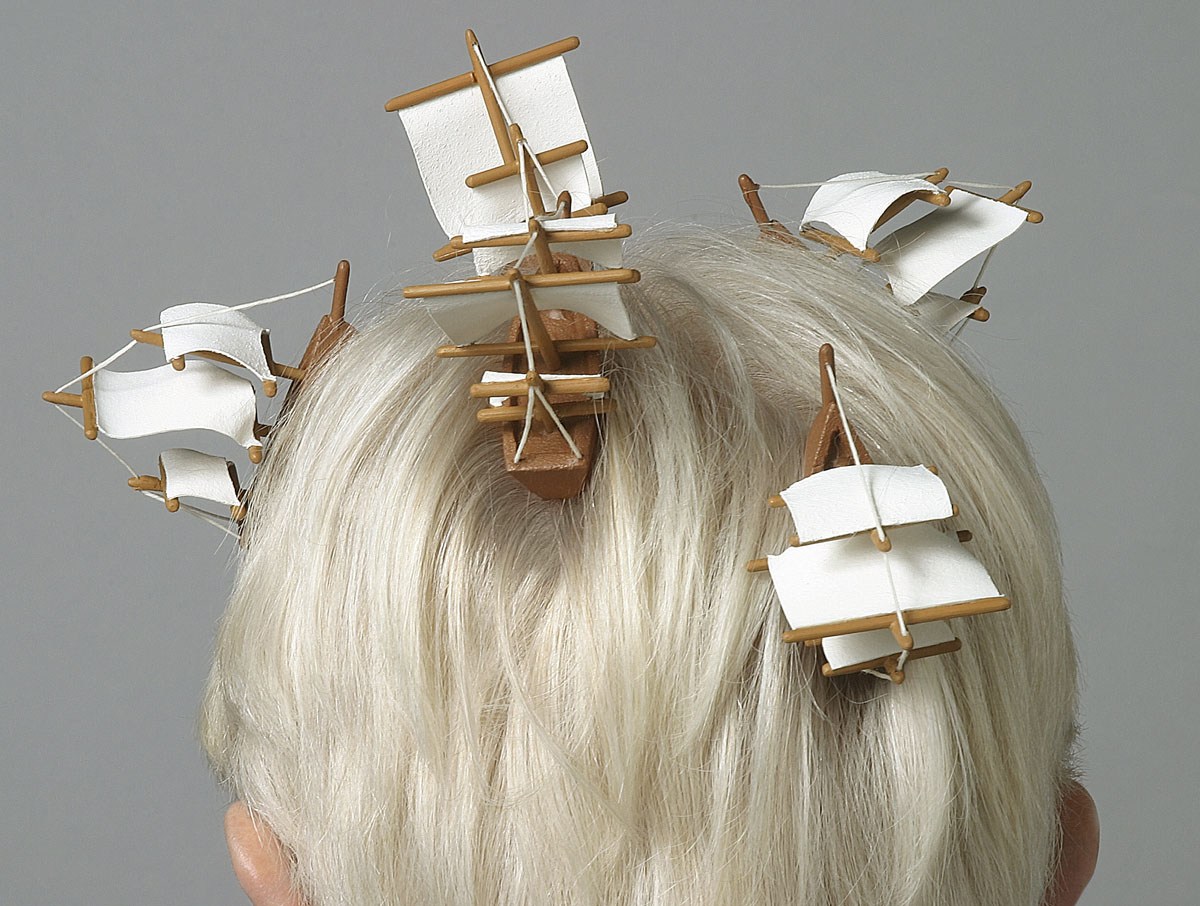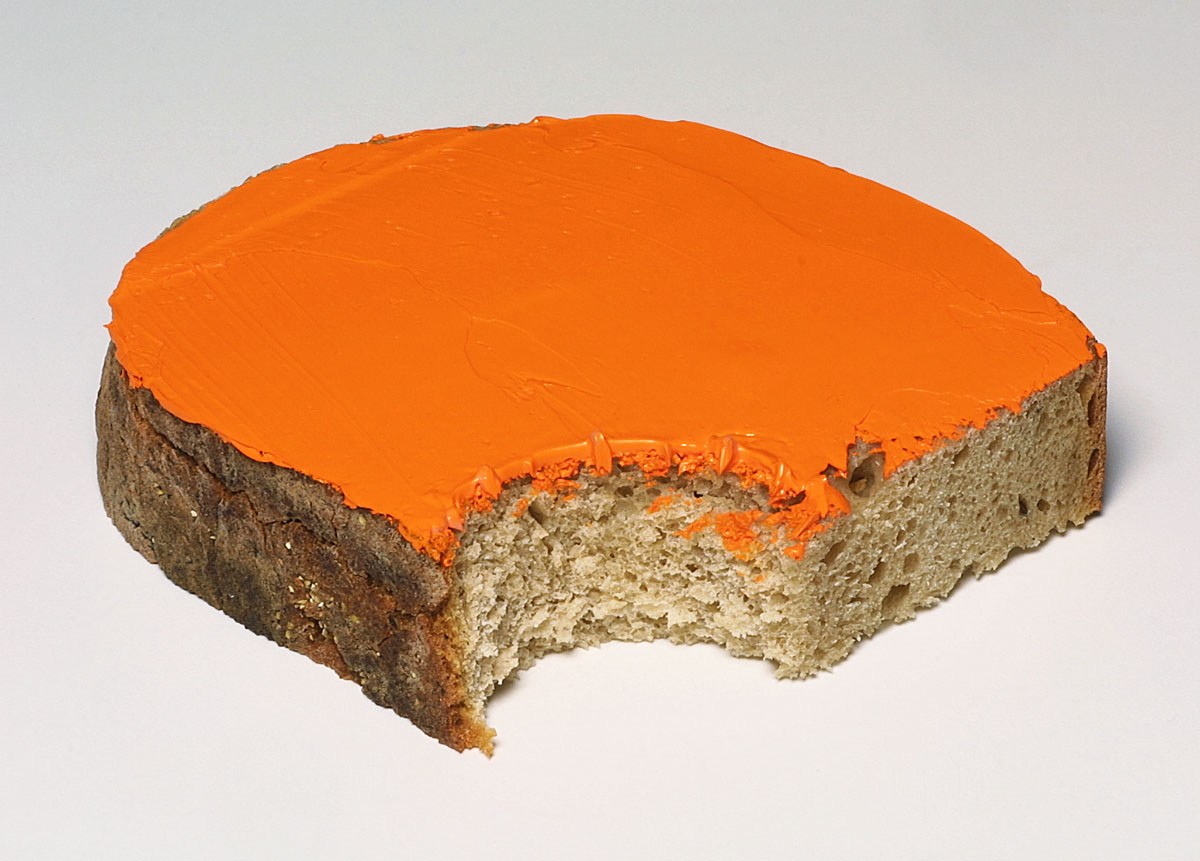Which sort of painting—or a kind of art that appears smooth and shows the potential in acting as a “double agent”—can be obedient yet rebellious, creating smooth surfaces while overcoming the very smoothness from the inside?
Read MoreThe preciousness of Guo Yingguang’s practice lies in its continuous self-reflexivity. In retrospect of her professional career, the artist reveals that there is still a rupture within her between the “habits” from working in the press and her experiences of being an artist; it remains an ongoing project for her to make these experiences “completely becoming ‘me.’” Meanwhile, in her practice with a public nature, in the attempt to approach the relationship with other people that is either actively dominant or temporarily discursive and distant, Guo realizes, “I have always absorbed the energy of others—regardless if it comes in the form of help or criticism.”
Read MoreThe sceneries and characters that become figural by chance are self-revealed hints of the artist’s lodging in the void; they are conduits of joys and sorrows once real, places for Owen Fu’s geisttiere to dwell and play.
Read MoreIt is late April in Shanghai; any “normalcy” has spiraled into abstraction, owing to its protracted absence from life’s routines. My daily existence consists of humdrum cycles of hunger, sleep, and em…
Read MoreWhen the calibrated verbal expressions still assume their roles as the predominant majority to reinforce themselves, how shall we interpret the sense of touching and its absence?
Read More